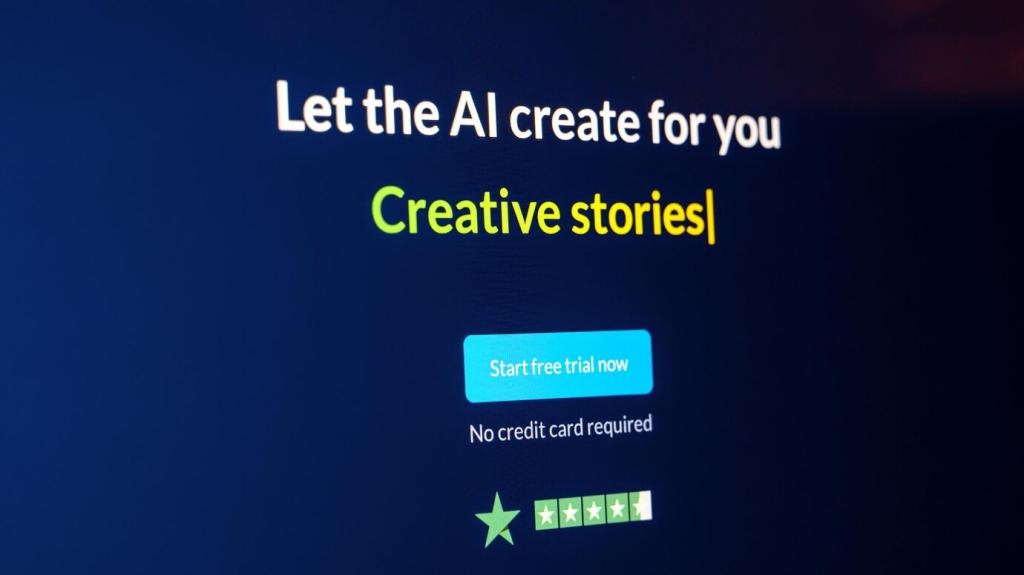Asset Tokenization: Fractional Ownership and Liquidity
Through compliant security tokens, a building’s equity can be split into standardized digital units. Investors can buy fractions, diversify across regions, and track income distributions on-chain, widening access beyond traditional syndications and minimums that often exclude newcomers.
Asset Tokenization: Fractional Ownership and Liquidity
After years of being equity-rich but cash-poor, Carla tokenized ten percent of a mixed-use property. She attracted micro-investors, funded a rooftop retrofit, and kept control—without expensive bridge loans or rushed sales during a tight lending environment.



